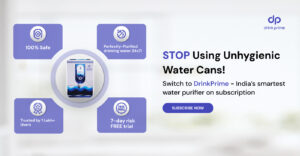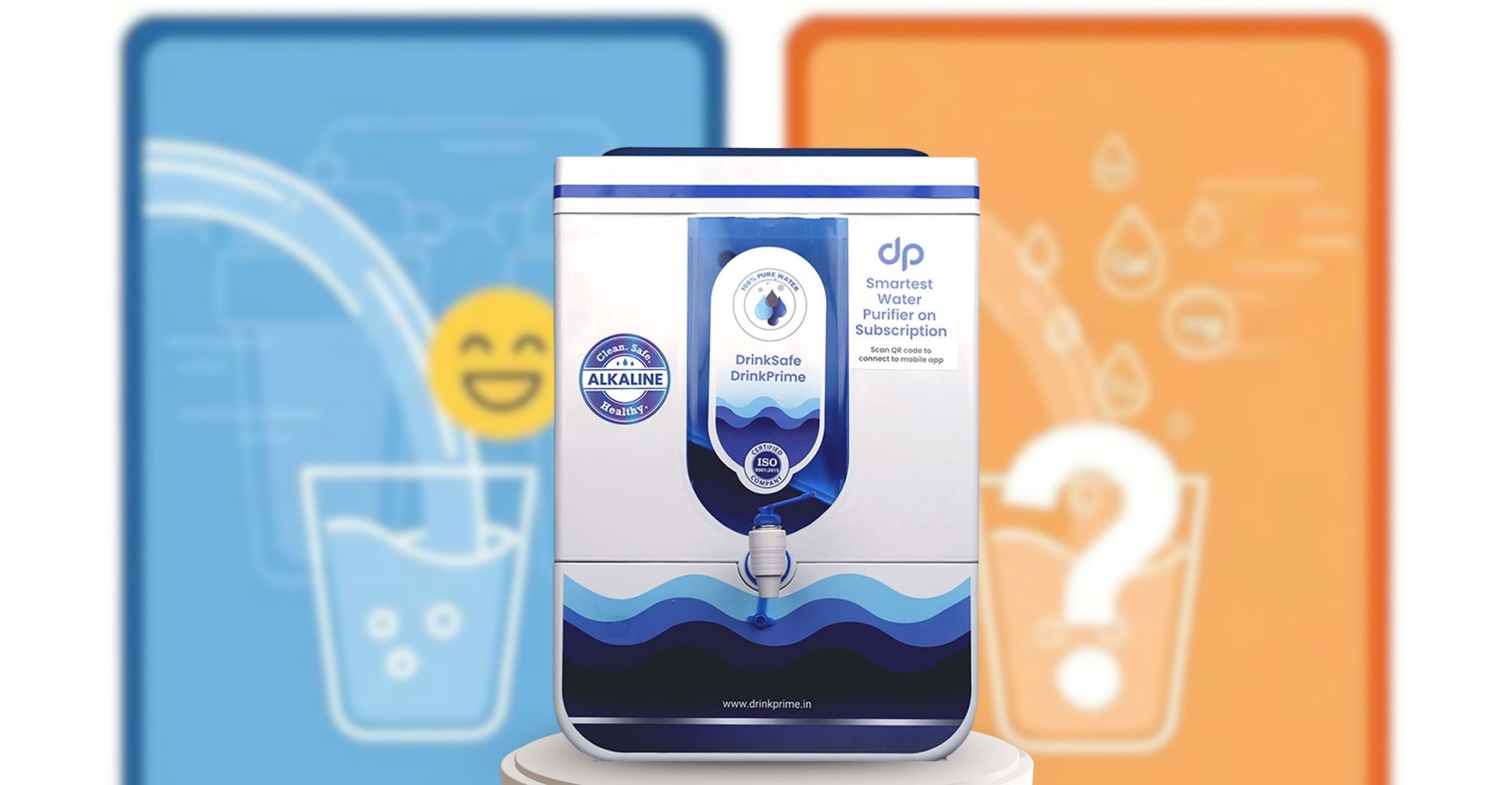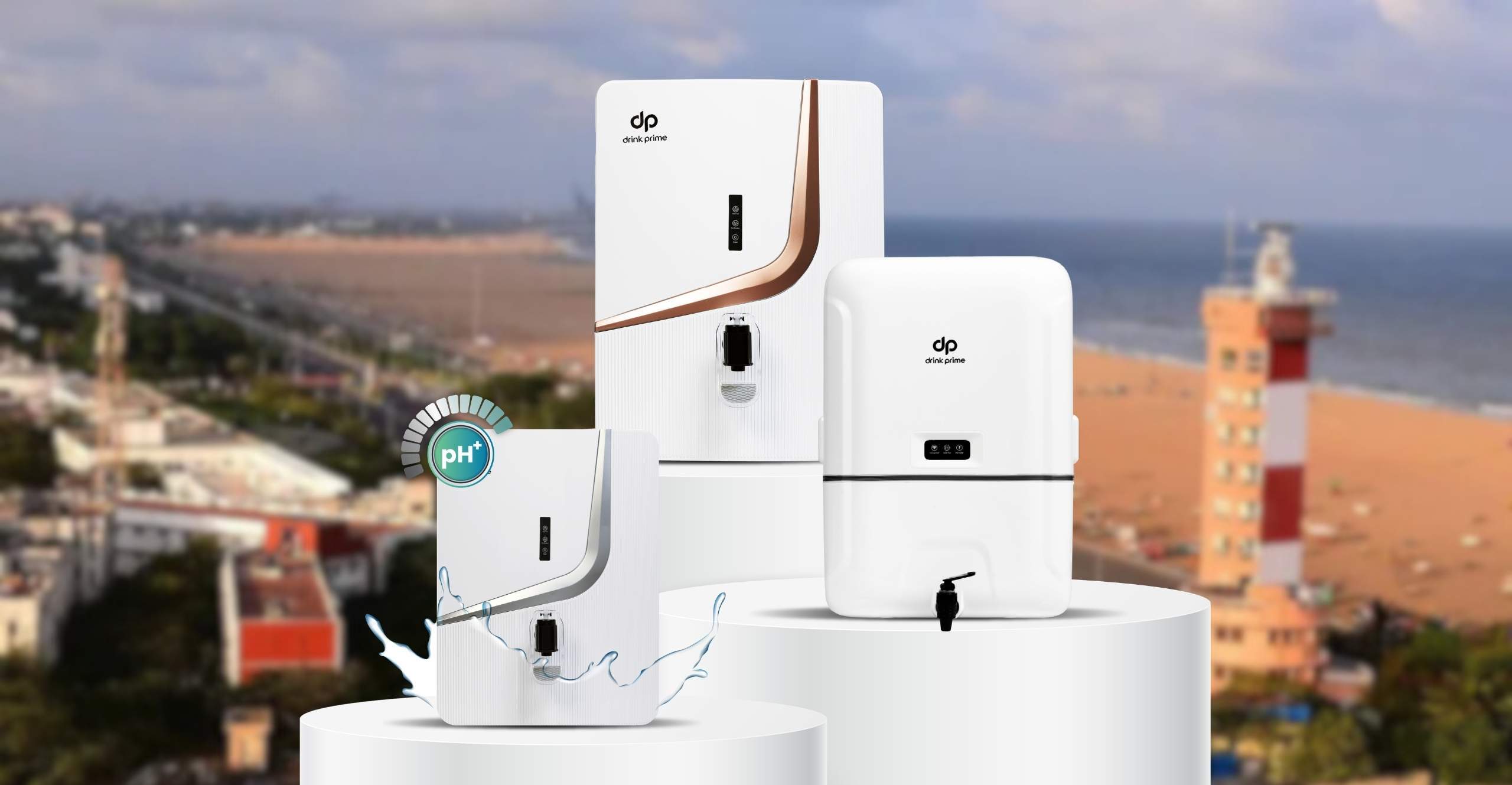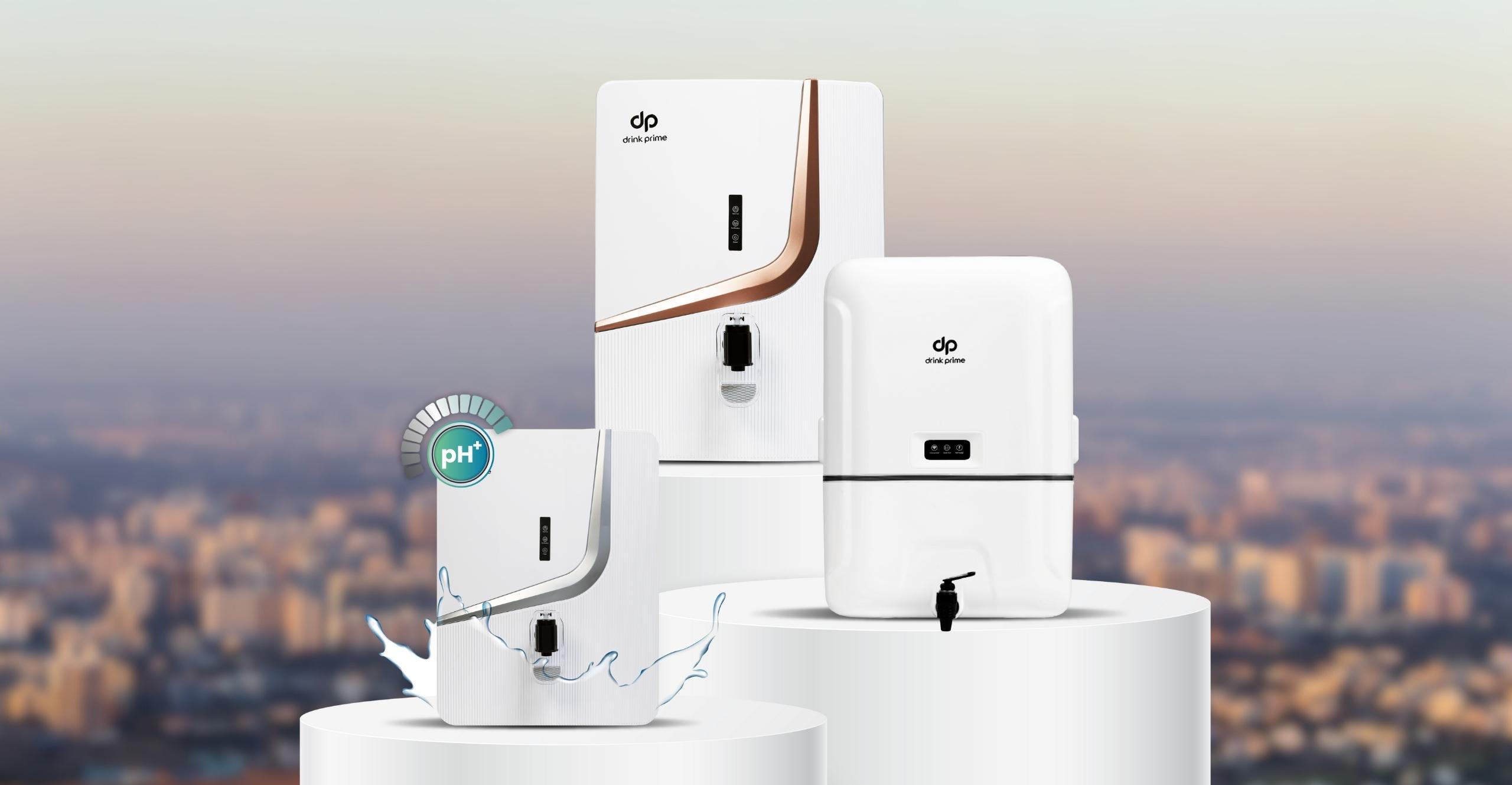We have more choices than ever before when it comes to how we get our drinking water, don’t we? We can buy bottled water and water cans or install a water purifier in our homes.
But when it comes to the battle of water purifiers vs. 20-liter water cans, which option is the best for you?
On the one hand, bottled water and water cans are convenient and simple to use. You can simply buy them at the store and begin drinking. However, they can be costly and environmentally damaging. Bottled water contributes significantly to plastic pollution, and water cans are notoriously difficult to recycle.
Not to mention the health hazards that come with drinking water stored in plastic storage cans and bottles. On the other hand, water purifiers are more environmentally friendly and cost-effective in the long run. However, they can be more expensive to install and maintain.
Pros of Water Purifiers
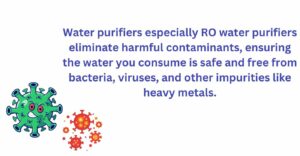
Before we begin the debate of water purifiers vs 20 liter water cans, let us first consider the benefits and drawbacks of bringing a water purifier home.
1. Improves health
RO water purifiers remove pollutants such as bacteria, viruses, and heavy metals, assuring clean and healthy drinking water.
2. Cost Efficiency
While the initial purchase may appear high, water purifiers save money in the long term by minimising the need for bottled water and water cans, which can be costly.
3. Environmental Impact
Water purifiers help reduce pollution and waste.
4. Convenience
Having a water purifier at home ensures that you always have access to clean water, eliminating the need to buy water or boil it on a regular basis.
5. Improved Taste and Odour
Water purifiers enhance the taste and smell of water by removing unpleasant odors and flavors, making it tastier, which gradually increases your water consumption everyday.
Cons of using a water purifier
1. Initial Cost
Buying a water purifier can have a substantial upfront cost, which can be bad for some consumers, especially those on a tight budget. However, with so many brands on the market that provide rental alternatives, you may simply bring home a water purifier at a lower cost. DrinkPrime offers subscription rates starting at Rs. 299*
2. Energy Consumption
Certain types of water purifiers, particularly those that use electricity, increase energy usage, which may alarm ecologically conscientious customers.
3. Space Requirement
Some water purifiers take up a lot of room, making them unsuitable for tiny kitchens or living areas.
4. Might not remove all contaminants
While water purifiers are efficient against many contaminants, they may not eliminate all of them, and their efficacy varies depending on the brand, type, and filters utilised. It is usually preferable to get an RO water purifier because it is the best on the market.
Overall, water purifiers have numerous benefits, the most of which are focused on health, cost, and environmental effect. However, potential downsides, such as a large initial investment and hefty maintenance costs, should be considered during the decision-making process.
Pros and Cons of 20-Liter Water Cans
Pros:
1. Convenience
Water cans allow rapid access to clean water without the need for installation or electricity, making them an ideal solution for a variety of applications.
2. No Maintenance
Unlike water purifiers, water cans do not require any maintenance or additional fees for filters or electricity, simplifying the user experience.
3. One-time Purchase
Purchasing water cans is a one-time transaction that eliminates the need for ongoing maintenance and replacement costs.
Cons:
1. Environmental Impact
The production and disposal of plastic water cans contribute to environmental degradation, which is a big disadvantage for environmentally aware consumers.
Related Reading: Environmental Benefits of Using Water Filters
2. Limited Quantity
Water cans are sold in predetermined quantities, which may need to be increased for households with high water usage or during crises that necessitate multiple purchases.
3. Cost Inefficiency
While initially inexpensive, numerous purchases of water cans can add up over time, making them more expensive than a water purifier.
4. Storage Space
Many water cans can take up a lot of room, especially if purchased in quantity, making it difficult to store in tiny living spaces.
5. Water Quality Concerns
The quality of water in cans varies, and there is a possibility of contamination during storage and transit, creating questions about the water source’s trustworthiness. In addition, the water is stored in plastic containers for lengthy periods of time, which increases the potential of microplastic contamination.
6. Availability issues
Ordering and tracking your water can delivery can be a time-consuming process that requires many phone calls to the water supplier and hours of waiting for the water can to arrive. This is not only time-consuming, but also prevents you from having access to water at all times.
While water cans are convenient and portable, their environmental effect, economic inefficiencies, and potential quality concerns provide significant negatives. This is why when it comes to the debate of water purifiers vs. 20-liter water cans, the water purifier emerges as the winner when you weigh the pros and cons of each in detail.
Comparison of water purifier vs. 20 L water can
| Factors | Water Purifiers | Water Cans |
| Cost | Initial high cost but with rental water purifiers the subscription costs are budget-friendly | These are very expensive |
| Convenience | Continuous access to clean, safe, and healthy drinking water | The customer has to keep ordering/buying water cans frequently |
| Health | Removes contaminants, and ensures safe drinking water | There is a risk of water and microplastic contamination due to prolonged sun, dirt, and rain exposure |
| Water quality | Different filters purify the water making it safe for consumption | Source water remains a mystery; there is no guarantee that the water is filtered. |
| Storage space | Takes up minimal space- usually wall-mounted | Requires large storage space- especially if you order in bulk |
| Environmental impact | Less impact on the environment. With rental water purifiers, you can even return or carry it with you as you relocate | High impact on the environment, due to the excessive plastic waste |
Get 7 Days Risk Free Trial
Conclusion
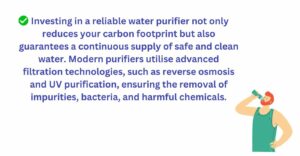
In the ongoing debate between water purifiers vs. 20 L water cans and water purifiers emerge as clear winners, which are critical for establishing a sustainable and health-conscious lifestyle. While water cans are convenient, they have a substantial environmental impact and may pose health problems. Plastic garbage from single-use water cans contributes to the growing pollution catastrophe, damaging ecosystems and marine life. Furthermore, the storage and transportation of water cans can expose the water to a variety of pollutants, reducing its quality.
On the contrary, water purifiers emerge as the more responsible and efficient option. Investing in a dependable water filter lowers your carbon footprint and ensures a steady supply of safe and clean water.
Modern purifiers use modern filtration technologies including as reverse osmosis and UV purification to eliminate pollutants, bacteria, and dangerous substances. This, in turn, protects your health and brings you peace of mind.

